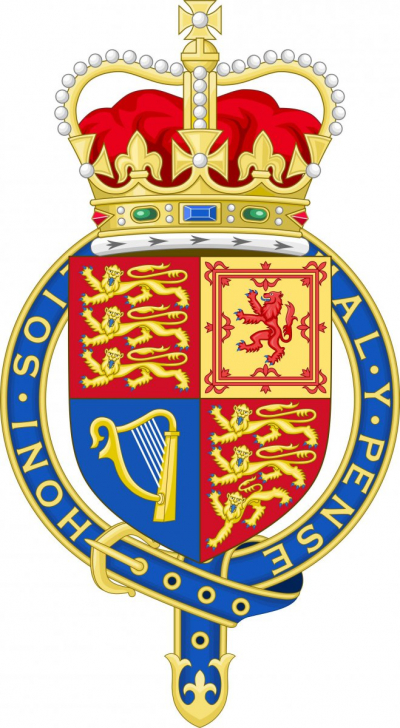Edwards v Canada (AG)also known as the Persons Case (French: l'Affaire « personne )is a famous Canadian constitutional case that decided in 1929 that women were eligible to sit in the Senate of Canada. The legal case was put forward by the Government of Canada on the lobbying of a group of women known as the Famous Five: Henrietta Edwards, Nellie McClung, Louise McKinney, Emily Murphy and Irene Parlby. The case began as a reference case by the federal Cabinet directly to the Supreme Court of Canada, which ruled that women were not "qualified persons" and thus ineligible to sit in the Senate. The five women then appealed to the Judicial Committee of the Imperial Privy Council in London, at that time the court of last resort for Canada within the British Empire and Commonwealth. The Judicial Committee overturned the Supreme Court's decision. (The case name lists Edwards as the lead appellant, as her name came first alphabtically.)
The Persons Case was a landmark case in two respects. The case established that Canadian women were eligible to be appointed senators and also established that the Canadian constitution should be interpreted in a way that was more consistent with the needs of society.
Some saw the eligibility of women for the senate as "radical change"; others saw it as a restoration of the original framing of the English constitutional documents, including the Bill of Rights 1689, which uses only the term "person", not the term "man" (or "woman" for that matter).
Some others have interpreted the Privy Council rule as causing a change in the Canadian judicial approach to the Canadian constitution, an approach that has come to be known as the living tree doctrine. This is a doctrine of constitutional interpretation that says that a constitution is organic and must be read in a broad and liberal manner so as to adapt it to changing times.
The Judicial Committee of the Privy Council (JCPC) is the highest court of appeal for certain British territories, some Commonwealth countries and a few UK bodies. Established on 13 August 1833 to hear appeals formerly heard by the King-in-Council, the Privy Council formerly acted as the court of last resort for the entire British Empire (other than for the United Kingdom itself), and continues to act as the highest court of appeal for several independent Commonwealth nations, the Crown Dependencies, and the British Overseas Territories.Formally a statutory committee of Her Majesty's Most Honourable Privy Council, the Judicial Committee consists of senior judges who are Privy Councillors: they are predominantly Justices of the Supreme Court of the United Kingdom and senior judges from the Commonwealth. It is often referred to as the Privy Council. In Commonwealth realms, appeals are nominally made to "Her Majesty in Council" (i.e. the British monarch as formally advised by her Privy Counsellors), who then refers the case to the Judicial Committee for "advice", while in republics in the Commonwealth of Nations retaining the JCPC as their final court of appeal, appeals are made directly to the Judicial Committee itself. The panel of judges (typically five in number) hearing a particular case is known as "the Board". The "report" of the Board is always accepted by the Queen in Council as judgment.

1929Oct, 18
The Judicial Committee of the Privy Council overrules the Supreme Court of Canada in Edwards v. Canada when it declares that women are considered "Persons" under Canadian law.
Choose Another Date
Events on 1929
- 31Jan
Leon Trotsky
The Soviet Union exiles Leon Trotsky. - 26Feb
Grand Teton National Park
President Calvin Coolidge signs an executive order establishing the 96,000 acre Grand Teton National Park in Wyoming. - 8Apr
Bhagat Singh
Indian independence movement: At the Delhi Central Assembly, Bhagat Singh and Batukeshwar Dutt throw handouts and bombs to court arrest. - 21Jun
Cristero War
An agreement brokered by U.S. Ambassador Dwight Whitney Morrow ends the Cristero War in Mexico. - 23Aug
1929 Palestine riots
Hebron Massacre during the 1929 Palestine riots: Arab attack on the Jewish community in Hebron in the British Mandate of Palestine, continuing until the next day, resulted in the death of 65-68 Jews and the remaining Jews being forced to leave the city.

 English
English  español
español  français
français  português
português  русский
русский  العربية
العربية  简体中文
简体中文 